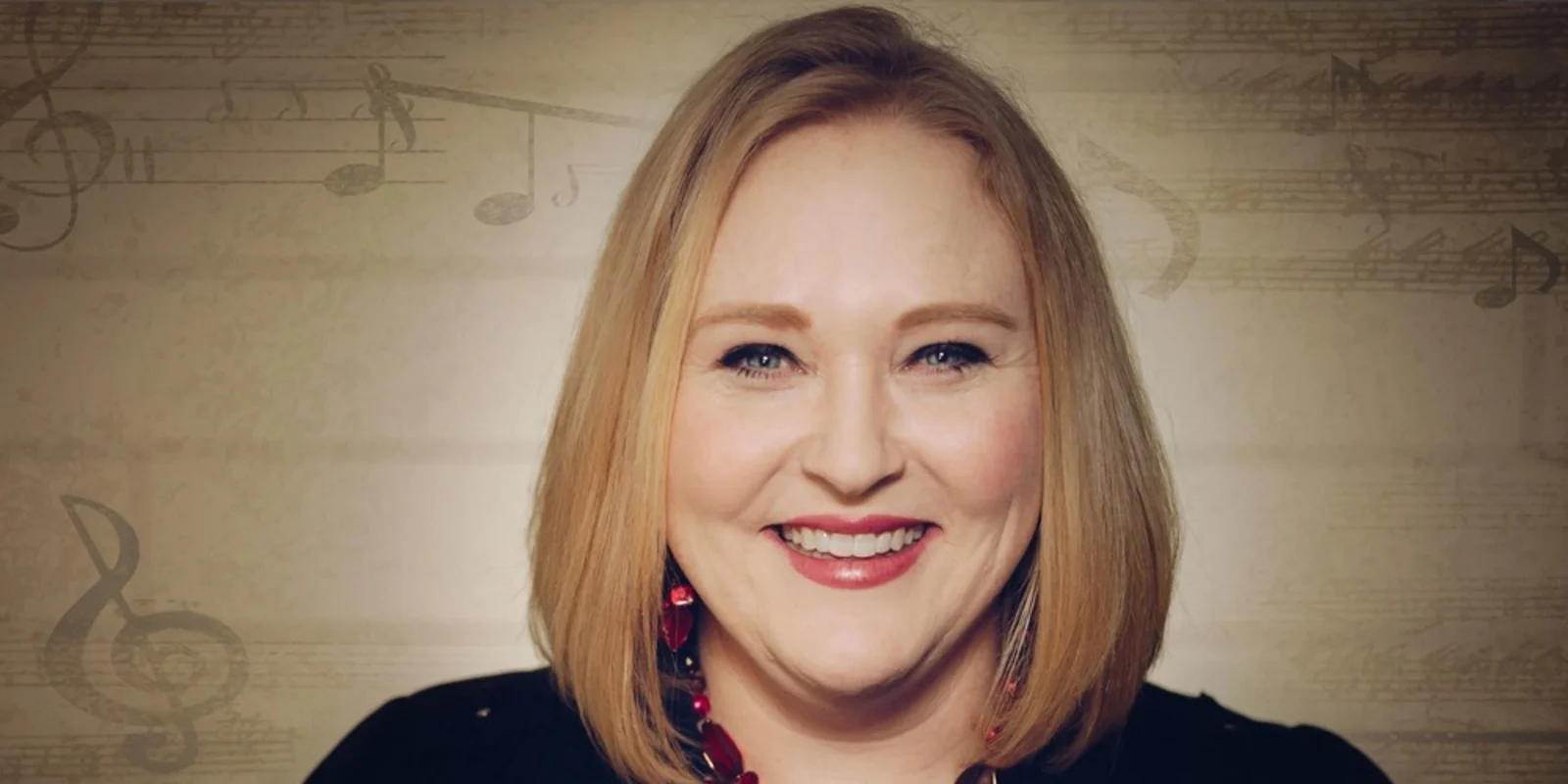
Dr. Jessica Jameson has been singing for as long as she can remember. She took vocal performance lessons as a child and continued classical training into her undergraduate years.
While music was forced to the back burner during medical school and residency, she continued singing in her personal life thereafter — to her children or at local events. Singing was a passion of Jameson’s, and it became a part of who she was. But, she never expected it to play a role in her professional life.
And, yet, that’s exactly what it did.
Now referred to as the “singing pain specialist,” Jameson is known for singing to her patients during procedures or injections.
Her journey began intrinsically, through her instinct of humming in the workplace.
“When I started in my private practice, singing was just second nature. It’s something that calls me. So, I started to hum, and that gradually turned into singing; and then, it just exploded.”
What inspired her to continue from there were the reactions of her patients. Almost immediately, she began receiving handwritten letters and notes of gratitude, thanking her for singing during appointments. The songs helped patients relax and de-stress prior to their injections.
But, perhaps even more noteworthy, were the medical improvements she noticed in her patients.
“I hook patients up to monitors when I’m about to do an injection, so they have a heart rate, a pulse oximeter, and that kind of stuff. During the few minutes that we were drawing up medications and getting prepared for the procedure, I would start singing. And, what my nurse and I started to notice were blood pressures going down and heart rates going down.
Patients are really anxious about things like this, and the singing calmed them down. So, also watching their faces and the tense nature of their bodies relax as I began to sing was really wonderful.”
As she started singing more regularly in the office, she built a reputation in her community. Her patients would come in with song requests or ask her to perform at weddings and churches. Singing allowed Jameson to more thoughtfully and intimately connect with her patients on a personal level. And, it was having an effect on her own health as well.
“[Singing] enables me to feel like I’m really doing something for my patients. As a private practitioner, I own my own practice, so I am neck deep in the struggles that come with that. This sort of allows me a small glimpse into why I wanted to be a physician in the first place.
On a daily basis, it reminds me that connection is why we’re here as humans on this planet. If I can provide that, and foster and nurture that connection between myself and my patients, not only will they do better — which I believe very much — but, it also makes me a better physician and better person. It allows me to better contribute to the community that I find myself in.”
Over time, Jameson found herself to be happier and more energized in her day-to-day life. Music granted her a creative outlet from the procedural aspects of medicine, highlighting the individuality of each patient. Even during busy schedules, she notes that singing encourages her to slow down and truly engage in the essence of medicine — the physician-patient relationship.
By integrating her passion into her profession, Jameson sees herself as having “the best of both worlds,” and she encourages aspiring healthcare professionals to find ways to do the same.
“I think that there is always a way to incorporate what you’re passionate about in your daily practice. You just have to be looking for very small ways of doing that. Even if it’s just having a two-minute conversation with your patient about art or music or painting.
I also think it’s important to remember that, even though we have to put these passions on hold at times, we also need to bring them back. We’ve cultivated these gifts and talents in the arts over many, many years, so to just lock them up in another segment of our lives is a disservice to the effort we’ve put into the art, and also a disservice to our patients. So, I would just encourage people to look for little ways that you can incorporate your passions in your daily interactions with your patients.”




